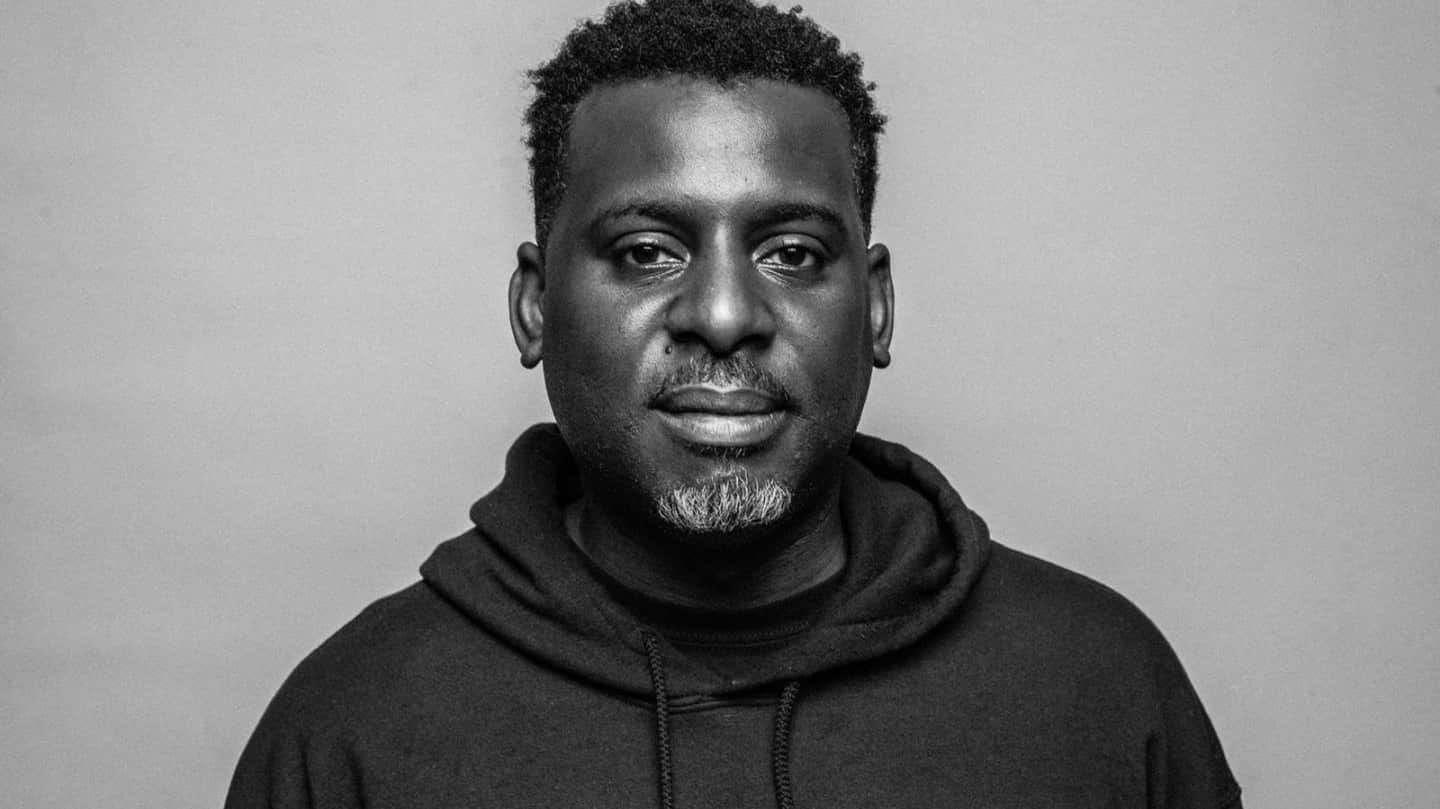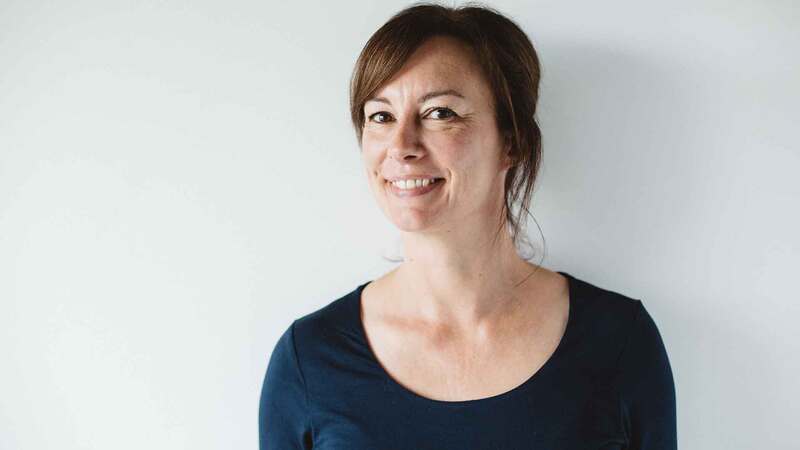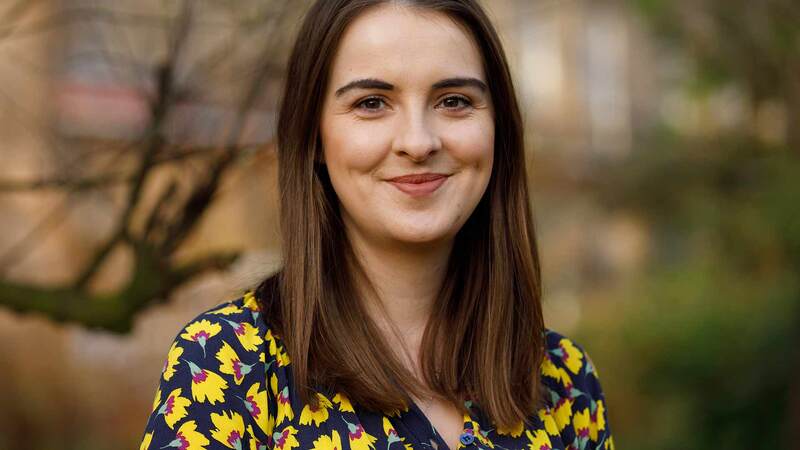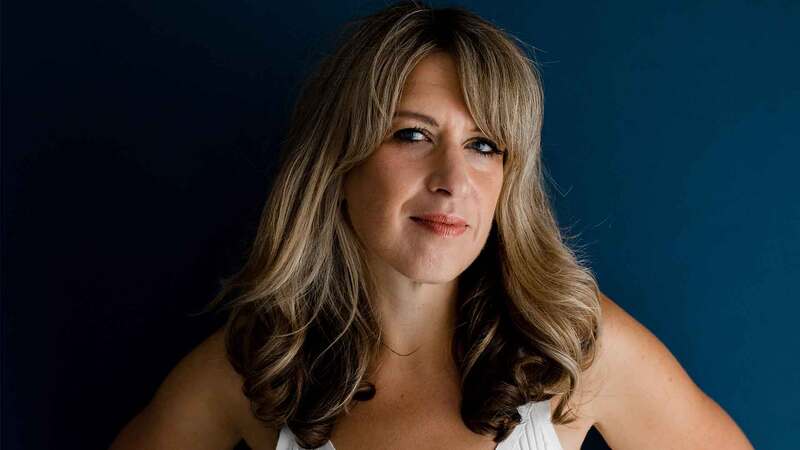You are viewing your 1 free article this month. Login to read more articles.
Stuart Lawrence | 'Without optimism and hope, I wouldn’t be able to do the things I do'
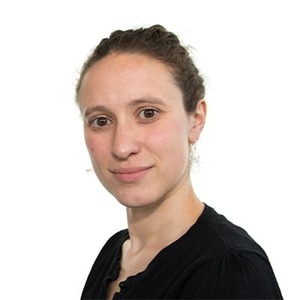 Charlotte Eyre
Charlotte EyreCharlotte Eyre is the former children’s editor of The Bookseller magazine, and current children's books previewer. She has programmed ...more
Determined to be a role model for his younger sister after the murder of his brother Stephen, Stuart Lawrence went on to share that wisdom with young people–and, now, with young readers

Charlotte Eyre is the former children’s editor of The Bookseller magazine, and current children's books previewer. She has programmed ...more
"I’m a very optimistic person. Without optimism and hope, I wouldn’t be able to do the things I do,” says Stuart Lawrence, the author of the uplifting and motivating Silence is Not an Option: You Can Impact the World for Change, which will be published by Scholastic in April.
Lawrence is the younger brother of Stephen Lawrence, the young man killed in a racist attack in south London in 1993, and he has spent a large chunk of his life working to inspire young people to be the best versions of themselves they can possibly be, formerly as a teacher and now as a trustee of The Stephen Lawrence Charitable Trust and motivational speaker.
No child is born a racist person. I want my son to be judged on who he is. Is he a good person? Is he polite? Is he contributing to society? That’s it.
Aimed at readers aged 10 and above, Silence is Not an Option is filled with advice and asks young people questions such as : Why do you want to be successful? Who are you doing it for? If you don’t champion yourself, who will? Lawrence shares anecdotes from his own life, including the death of his brother, but also his early desire to become an actor and his love for cooking, and he encourages readers to see failures as learning opportunities in disguise. “It’s not failing that’s dangerous. It’s being scared of failing that stops us from trying to do things. Like all fears, you beat it by facing it head on,” he says in the book.
Lawrence wrote the book partly because he missed the interaction that he had with young people when he was a teacher—he says he really enjoys encouraging them to do the right thing—and partly for his son. “These are the things I want my son to remember and have in his mind when he’s living his own life,” he says. “[Being young] is a confusing time, and aged 10 and up you are going to meet new people, and form relationships with adults who want you to behave in different ways.”
Passion points
In the book he encourages readers to write down what makes them unique and find their passion, and asks them to really think about what success means to them. As a young teenager, he was keen on the theatre and harboured ideas of being an actor. Those dreams were discouraged by adults in his life, but he now wants his son to reach for any dream he wants. “If he wants to be a ballet dancer, cool, or an astronaut, cool. I don’t want to make him into a mini version of myself.”
He also teaches readers to adopt a growth mindset, and to explain this he uses a football analogy: a player who can do tricks at home might go to pieces on the pitch. A player with a growth mindset would not give up, however, and would instead realise that it would be better to practise against real people instead of on their own. They might become a brilliant footballer in the future. This is an analogy he gives his son at home, he says. “My mantra with my son is, hard work beats talent when talent doesn’t work hard. He’s pretty nippy at the moment and plays [football] at a good level, but I tell him that if he doesn’t practise and just sits on his mobile phone, some of the kids who weren’t as good as him will get better.” Reducing screen time, exercising the power of self-control and having a strong moral compass are explored in his book, too.
Lawrence was 16 when his brother was murdered. Before then he was, he says, a happy child, and didn’t even know what racism was. After, he wanted to be the role model for his sister that Stephen was to him, and applied himself to education seriously. At both college and university (where he studied graphic design), lecturers told him he would make a good teacher and he eventually decided to go into education after 9/11, another event that made him ask “what am I doing with my life?”.
He began working in a school to set up graphic design lessons and was instantly at home in that environment, he says. “I loved making a difference and ensuring young people’s education was the best it could be. We started a GCSE course at the school, then an A-Level course, and then some kids went on to do the same university course I did.”
His full title is now The Honourable Stuart Andrew Lawrence, because his mother was elevated to the peerage as a baroness in 2013. She is not married, so the rights that would be bestowed on her husband have passed on to her son, who campaigns to create an inclusive society where everyone can flourish through the Stephen Lawrence Day Foundation.
Hope for the future
When asked if children today are growing up in a less racist society, he says: “No child is born a racist person. I want my son to be judged on who he is. Is he a good person? Is he polite? Is he contributing to society? That’s it. There should be no judgements on the colour of his skin or what he wears.”
We should have a better understanding of how history has been shaped, he says, because history has been shaped to highlight one section of society, which is why the older generation has a misconception of equality. Publishing has a role to play in this, he adds, by ensuring everyone who has a story to tell gets to tell that story. “The fabric of our society is a patchwork quilt, that’s what makes it so great... I feel honoured and blessed, but I know I’m in a privileged position. I hope people who want to do things like this are allowed to tell their stories.”
In the introduction to Silence is Not an Option, he talks about inspiration and lists the people who have inspired him, such as as John Barnes, Nelson Mandela and his brother Stephen, who he says “set the bar” as a role model. “He was a super-cool guy and I always try to emulate him,” he says. “Lots of adults think I’m going to say ‘life is bad because Stephen died’, but I explain that my life took a path at that point, then show all the positives that came later,” he explains. “If I can shape hearts and minds, I want to show that we should all like each other at some level. We are all human beings.”
Book extract
Not long after Stephen’s death, my family and I had the privilege of meeting Nelson Mandela. For those of you who don’t know Nelson Mandela, he led a movement that fought for the rights of Black people in South Africa and ended the separation of Black and white people known as ‘Apartheid’. Nelson Mandela spent over 27 years in jail, fighting for people’s rights. He had only been a free man for three years when we met him and it made me think, wow, he didn’t need to meet us because I’m sure there were so many other things he wanted to do with his new-found freedom. Yet here he was, selflessly helping our community. His presence really changed my brother’s case. He became an inspiration to me, and I felt even more inspired after I read his autobiography. For Nelson Mandela, silence was never an option. We need more strong adult role models like Nelson leading the way.





